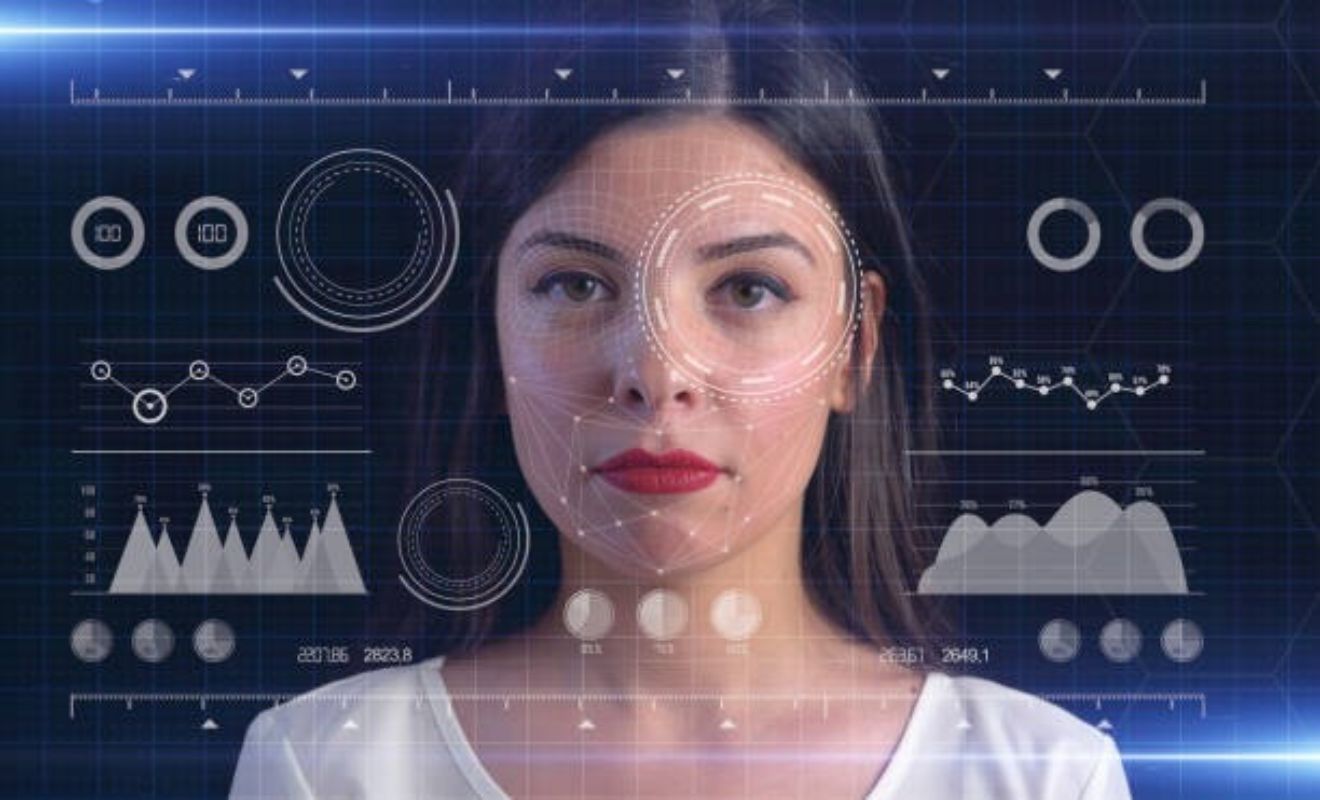In an age where digital transformation is reshaping industries at a breakneck pace, the financial sector stands at the forefront of innovation.
One of the most significant advancements in recent years has been the integration of face verification technology into fintech platforms.
This revolutionary approach to identity verification is streamlining processes and redefining how we perceive and safeguard personal identity in the digital realm.
Redefining Identity: Face Verification in the Fintech Landscape

Verification in Financial Sectors
Traditionally, identity verification in financial transactions relied heavily on physical documents such as passports, driver’s licenses, and utility bills. However, this method was not without its flaws.
It was time-consuming, prone to errors, and susceptible to fraud. Moreover, in an increasingly globalized world, where individuals may only sometimes have access to traditional forms of identification, this approach poses significant challenges.
Artificial Intelligence and Biometrics
Enter facial verification technology. Leveraging advancements in artificial intelligence (AI) and biometric recognition, fintech companies have begun adopting facial verification as a more secure and convenient alternative to traditional methods.
Instead of presenting physical documents, users can now verify their identity simply by capturing a live image or video of their face using a smartphone or computer camera.
Biometric spoofing is very common these days so using the latest verification methods is very important and necessary.
Process of Face Verification
The process works by analyzing key facial features and comparing them against a database of known identities.
Advanced algorithms can detect subtle nuances such as facial expressions, micro-movements, and even liveness indicators to ensure the authenticity of the verification attempt. This not only enhances security but also mitigates the risk of impersonation and identity theft.
Furthermore, facial verification offers unparalleled convenience and accessibility. Users no longer need to carry physical documents or remember complex passwords.
Instead, they can verify their identity with a quick glance, making transactions faster and more frictionless. This is especially beneficial for remote or mobile banking services, where traditional forms of identification may not be readily available.
Facial Verification in Fintech
However, the adoption of facial verification in the fintech landscape also raises important ethical and privacy considerations. While biometric data such as facial images can enhance security, it also poses risks if mishandled or compromised.
Fintech companies must adhere to strict data protection regulations and implement robust security measures to safeguard user privacy and prevent unauthorized access to sensitive information.
Moreover, there are concerns regarding the potential for algorithmic bias and discrimination, particularly among marginalized communities. Facial recognition algorithms have been shown to exhibit higher error rates for certain demographics, leading to disparities in access and opportunities. Fintech companies must therefore prioritize fairness and transparency in their facial verification systems to ensure equitable outcomes for all users.
Despite these challenges, the adoption of facial verification technology represents a significant step forward in the evolution of identity management in the fintech landscape. By combining security, convenience, and accessibility, face ID check offers a holistic solution to the complex challenges of identity verification in the digital age.
Summing Up!
Looking ahead, the future of facial verification in fintech holds immense promise. As technology evolves, we can expect further advancements in accuracy, efficiency, and user experience.
Moreover, ongoing research and innovation will be crucial in addressing ethical and privacy concerns, ensuring that facial verification remains a trusted and inclusive tool for safeguarding personal identity in an increasingly digitized world.
Read Also:
- 8 Ways To Recession-Proof Your Fintech
- How The Blockchain Can Protect Your Fintech Data
- How To Develop A Fintech App in 5 Easy Steps
Author: Sophia Parker















